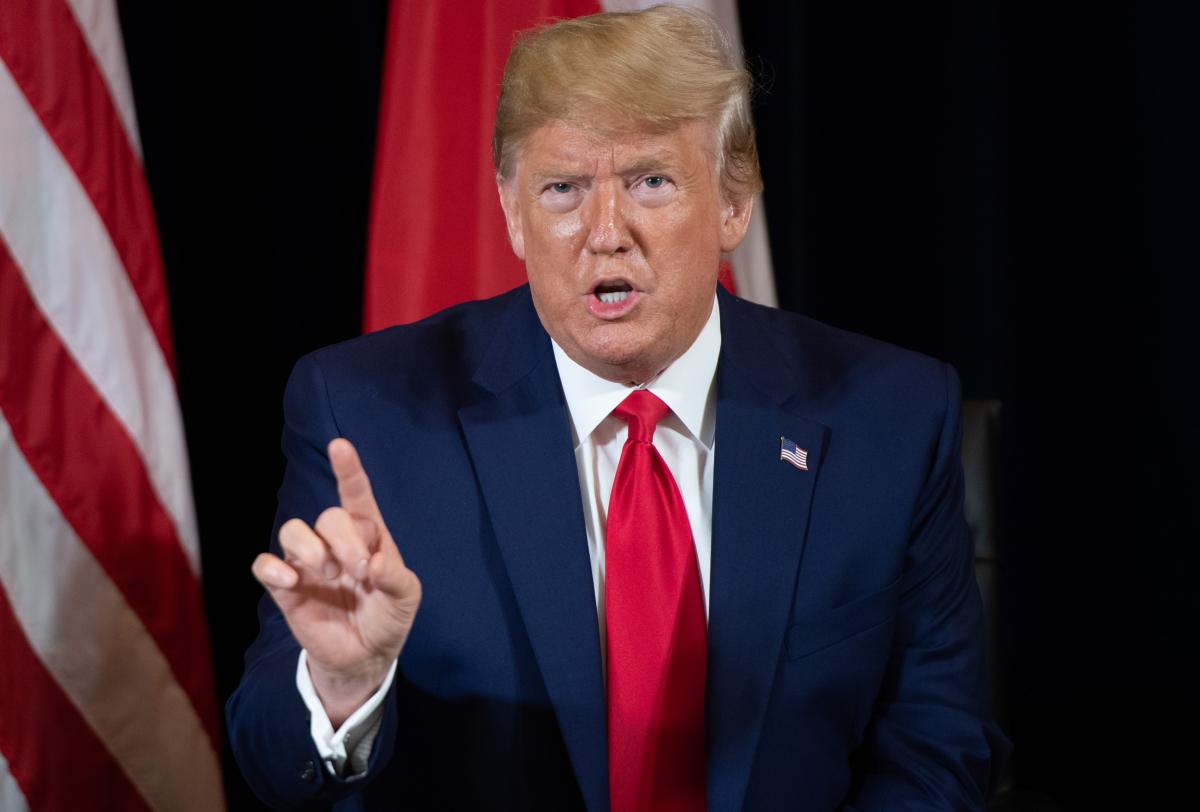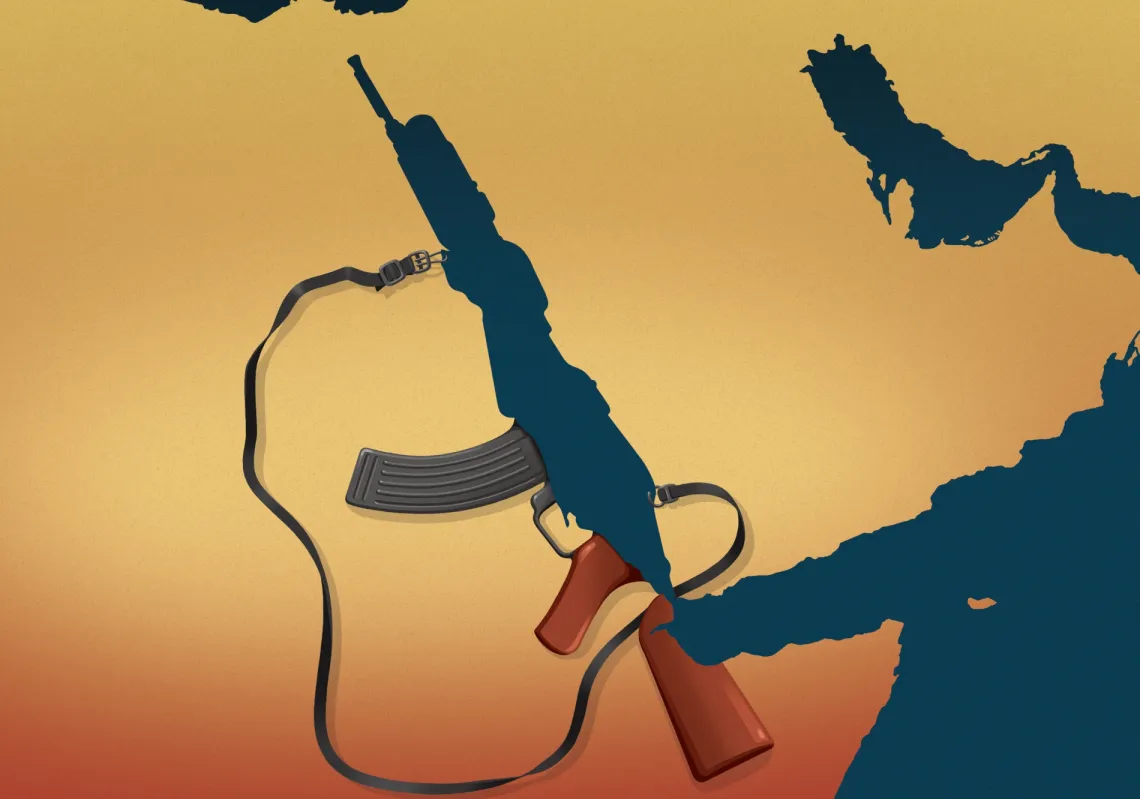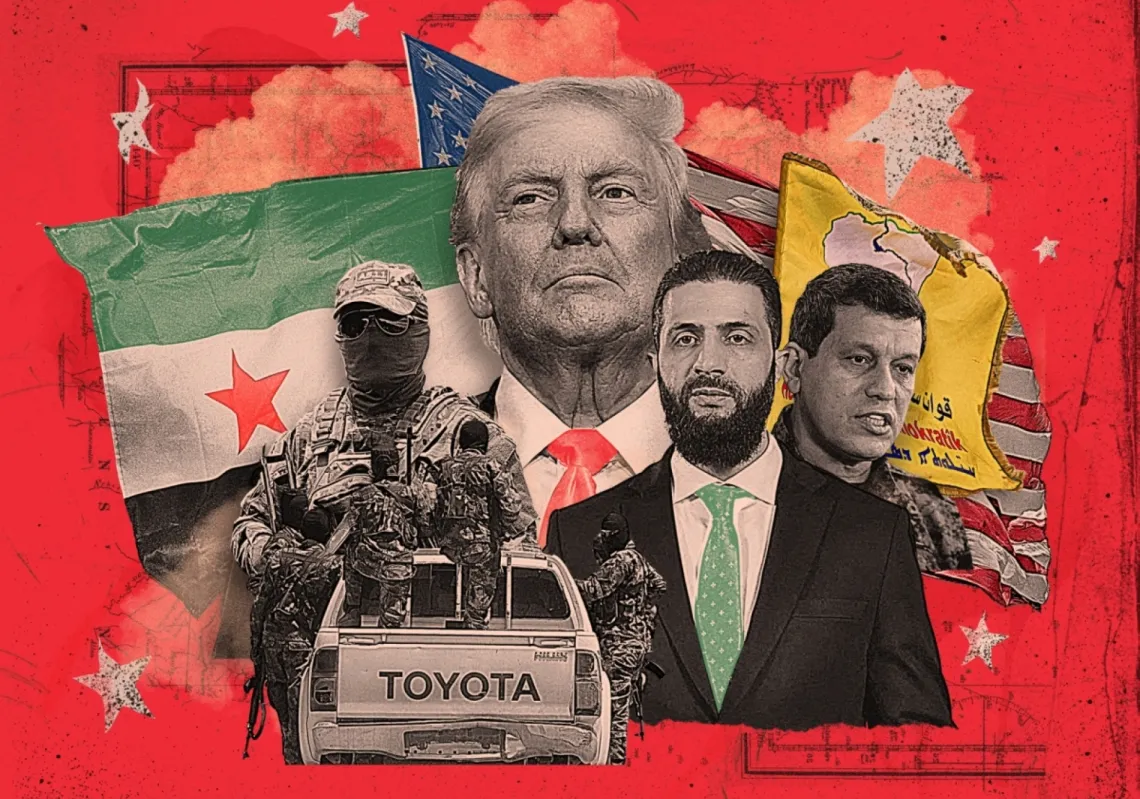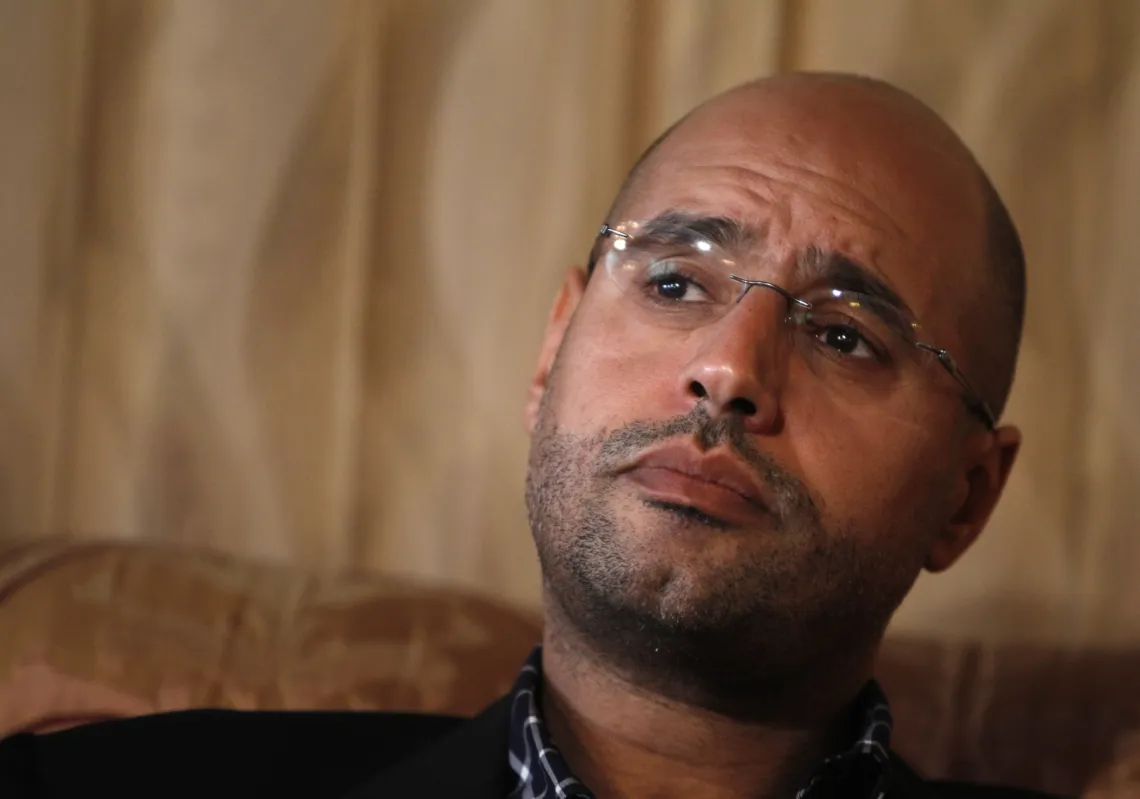According to NBC News, in a national security meeting on Monday, U.S. military leaders provided President Donald Trump with a menu of possible actions against Iran. But the president asked for more options, that wouldn’t lead to a war.
Until a decision is made, Trump has authorized the deployment of additional U.S. forces to the Middle East to strengthen air and missile defenses around Saudi Arabia and the United Arab Emirates, the Pentagon announced last week, a move that is defensive – not retaliatory.
TRUMP’S UNGA MESSAGE
At the U.N. General Assembly in New York on Tuesday, President Trump called Iran "one of the greatest security threats" to peace-loving nations. "All nations have a duty to act" in combatting Iran's influence. Citing an attack on Saudi oil facilities that he pinned on Iran, Trump noted new sanctions on the country's central bank.
He also warned Iran he would tighten sanctions if the country continues provocative behavior in the Middle East. "As long as Iran’s menacing behavior continues, sanctions will not be lifted. They will be tightened."
This speech – in addition to his other statements and tweets on the attack against Aramco facilities – indicate three factors: One, the US administration is resorting to increased sanctions against Iran as an immediate response. Two, Trump prefers to take time to think of an appropriate response, rather than hastily retaliate and risk a war. Three, the administration still prefers negotiations with Iran.
On the last point, Trump said during his UNGA speech that "it is time for Iran's leaders to finally put the Iranian people first," he said. "America is ready to embrace friendship with all who genuinely seek peace and respect."
Along the same lines, and in a step that brings the Europeans closer to the US perspective on Iran, France, Britain and Germany said on Monday that it is clear Iran was responsible for an attack on Saudi oil facilities. They all called on Tehran to agree to negotiations on its nuclear and missile programs and regional security issues.
“The time has come for Iran to accept a long term negotiation framework for its nuclear program, as well as regional security issues, which include its missile programs,” the three governments said in a joint statement after French President Emmanuel Macron, British Prime Minister Boris Johnson and German Chancellor Angela Merkel met during the annual United nations gathering of world leaders.

SCENARIOS OF ESCALATION
European countries such as Germany and France were more hesitant to blame Iran immediately after the attack, but it seems French President Emmanuel Macron has lost hope in forging a meeting between Trump and the Iranian President, which could lead to negotiations.
Although it seems that Iran has lost European sympathy and willingness to help, Iran could possibly escalate if the US doesn’t respond and reestablish deterrence. If Iran was able to hit the Saudi oil facility threaten the oil market, and get away with it, what will stop them from attacking more targets in the Middle East?
In a detailed article published by Hezbollah’s Al-Akhbar, based in Lebanon, Ibrahim Al-Amin writes that Iran is shifting from “Strategic Patience” to “Punitive Attacks,” adding that the Aramco attack is just the beginning and that this new Iranian strategy will expand to punish all US allies who are involved in the wars against “the axis of resistance”, militarily or economically.
In a clear warning against the UAE, Al-Amin states that the UAE should leave the US-led alliance – and withdraw from Yemen – or will be punished next.
Whether this scenario is a real one or not, Iran will certainly feel emboldened if it was not hit by a military response. If the UAE is not going to be the next Iranian target, Iran’s proxies could go after any US – or US allies – presence or interests in the region, from the US bases in Iraq, Syria, and Lebanon, to Saudi or Emirati facilities in the Gulf. Hezbollah could also be used to strike Israel. Iran will try to avoid killing US troops or personnel, knowing that this could be Trump’s main red line. However, everything else will be a potential target. Iran can try to disrupt operations in the Strait of Hormuz. Oil tankers could be attacked.
Tehran will expand its own “maximum pressure” campaign against the US and its allies.
HOW FAR CAN IRAN AFFORD TO GO?
Iran understands very well that Trump does not want to go to war during the year that precedes the presidential elections in the US. However, Iran also prefers not to go to war. Iran’s attack on the Saudi oil facility was risky, but they also did not expect the US to start a full-fledged war on behalf of Saudi Arabia. They probably expected some kind of military response that they were ready to deal with.
US sanctions have certainly weakened Iran’s economy. A war with the US would entail Iran to deploy and involve all its regional proxies in Lebanon, Syria, Iraq, Gaza and Yemen. Not only this is costly, and will require Iran to spend money that it does not have, it will also risk Iran’s achievements it has accumulated in these countries. Iran might be ready to deal with a weak economy, dissatisfied people, a cyber-attack, or a limited attack on its facilities. However, Iran cannot afford to lose its regional power - and by default – its regional proxies.
Iran has used its proxies in wars before, most notably Hezbollah which has been involved in numerous wars with Israel. But the circumstances were different. One, it was limited to Lebanon and Iran didn’t have to be involved militarily. Two, Iran’s economy could afford to compensate Hezbollah’s losses, from weapons, to financial compensations and cost of reconstruction. This time around, Iran cannot afford – at least financially – to do that. And it would even be more difficult – and pricier – if the war’s stage took over the whole region. Therefore, the fear of a retaliation turning into a war could well be speculative, and that a strong message to the Iranians could be more beneficial than damaging.
That being said, it is also very important to combine such response with diplomacy. Now that the Europeans are starting to blame Iran for regional instability, and calling upon its leadership to accept negotiations that would include regional security issues, the US can work with both the Europeans and Gulf States to form an international coalition that would diplomatically isolate Tehran.
Hanin Ghaddar is the Friedmann Visiting Fellow, Washington Institute for Near East Policy.








